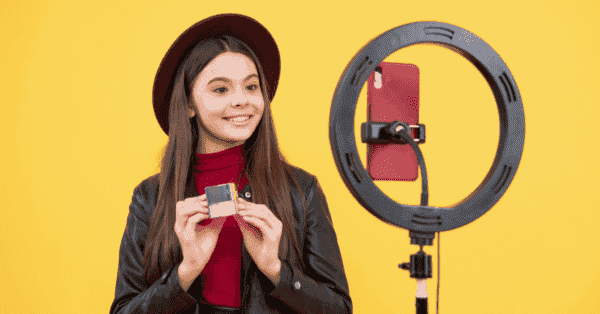Tips to understanding influencer culture
Here are 5 top tips from the Childnet Education Team to help children and young people, and parents and carers understand influencer culture.
Understand that influencers get paid
An influencer often gets paid to promote content, either with money or with free items. Influencers have a responsibility to label any posts of a commercial nature, usually with the hashtag ‘#ad,’ so that followers know how to separate advertising and endorsements from personal content.
Critically think about content
Regardless of their number of followers or if they have a verified account, it’s still important to critically assess the messaging or content an influencer promotes. Influencers have their own opinions and beliefs, and these may not align with your values.
Recognise photos are edited
Many images that you encounter on social media are heavily edited or filtered. Remind your child of this when they look at influencer (or any!) content online. A lot of work can go into making just one photo seem ‘perfect,’ and the original might look quite different.
Use platform tools like ‘mute’
It is human nature to compare yourself with others. Children and young people are no different. If they find that using social media is affecting their mental health or making them feel bad about themselves, then taking a break could help.
Encourage your child to unfollow or mute any accounts that affect their wellbeing, and always let someone know how they feel.
Embrace the positives!
Lots of influencers use their platform for good, and it can be a great way to explore new ideas, lifestyles or learn about different cultures.
Encourage your child to choose to follow and share accounts that make them feel good, and those that aim to spread positive messages online.


